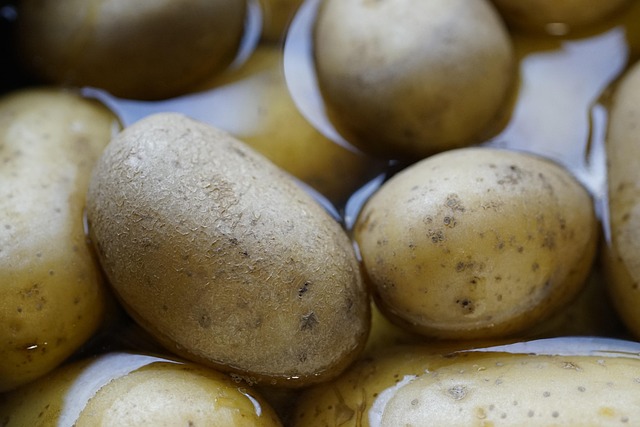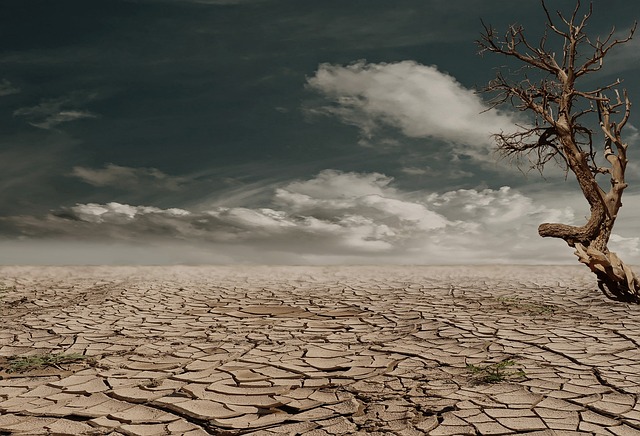Desertification is an alarming phenomenon that threatens ecosystems and livelihoods around the globe, and its root causes are multifaceted. Among these, the role of essential nutrients, particularly potassium, has been frequently overlooked in discussions about desertification and environmental sustainability. Understanding the impact of potassium on soil health reveals critical insights into how we can combat this pressing issue, especially in the context of ongoing climate change.
As climate change exacerbates the depletion of our natural resources, soils lose their vitality, leading to reduced agricultural productivity and increased desertification. Potassium, a vital macronutrient for plants, plays a crucial role in maintaining soil health. It helps regulate water retention, enhances photosynthesis, and strengthens plant resistance to disease and stress, including the stress induced by climate fluctuations. Without adequate potassium, plants struggle to grow, making them less resilient to the harsh conditions exacerbated by climate change.
The connection between potassium levels and the health of our ecosystems is pivotal. In regions susceptible to desertification, such as arid and semi-arid areas, potassium’s role becomes even more critical. Healthy potassium levels in the soil can lead to more robust plant growth, which in turn contributes to improved soil structure and reduced erosion. These plants create a protective canopy, helping to retain moisture and preventing further land degradation. Therefore, ensuring that soils are potassium-rich can help mitigate the lifelessness that comes with desertification.
Moreover, effective potassium management in agriculture can significantly reduce the risk of desertification. Fertilization strategies that incorporate potassium not only improve crop yields but also enhance the soil’s capacity to hold water and nutrients. This is especially vital as regions face increasing temperatures and shifting rainfall patterns due to climate change. Farmers equipped with knowledge about the importance of potassium can adopt practices that promote sustainability and nurture the delicate balance of their ecosystems.
As we delve deeper into the implications of potassium on desertification, it becomes evident that a comprehensive understanding can empower us to combat desertification more effectively. Promoting educational initiatives around potassium’s role in soil health should be a priority for governments, NGOs, and agricultural agencies. By fostering awareness, we can support sustainable practices that maintain healthy soils, promote biodiversity, and mitigate the impacts of climate change.
Furthermore, research into innovative approaches that optimize potassium use in agriculture could unlock pathways for resilience against desertification. The integration of potassium-rich fertilizers, alongside organic amendments, can enhance soil fertility and structure, leading to more sustainable land management practices. Collaborative efforts between scientists, farmers, and policy-makers can lead to the development of solutions that not only address food security but also protect vulnerable ecosystems from the looming threat of desertification.
As we navigate the complexities of climate change and its impact on our environment, we must recognize potassium’s potential as a key player in sustaining healthy soils. By prioritizing its role in our environmental strategies, we take a significant step toward curbing the alarming tide of desertification and fostering a more sustainable future for our planet. The intertwined fates of potassium, our environment, and climate stability call us to action, encouraging us to adopt practices that cherish and sustain the Earth that nurtures us all.



